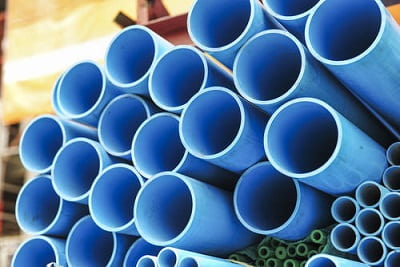Welcome To ChemAnalyst

The United States Environmental Protection Agency (EPA) has embarked on a significant initiative that could potentially result in the discontinuation of polyvinyl chloride (PVC) plastic production. This move would directly impact a wide array of products, including vinyl records and rubber toys. The agency announced its intention to review vinyl chloride, a primary ingredient in the production of polyvinyl chloride (PVC), last Thursday.
It's worth noting that vinyl chloride was classified as a human carcinogen in 1974, leading to its ban in a variety of consumer goods such as hair sprays, refrigerants, cosmetics, and pharmaceutical products. However, despite this classification and subsequent bans, vinyl chloride is still extensively used in the production of PVC water pipes, house siding panels, product packaging, vinyl records, and bath toys.
The chemical drew significant attention earlier in the year when an Ohio train derailment led to a towering black smoke cloud, underscoring the risks linked with its usage. The EPA's decision to review vinyl chloride is part of a larger scrutiny involving four other chemicals. This move aligns with the Biden-Harris Administration's commitment to managing environmental and toxic exposures, which is a key component of President Biden's ambitious "Cancer Moonshot" initiative.
Judith Enck, President of the non-profit organization Beyond Plastics and a former Environmental Protection Agency (EPA) regional administrator, emphasized the importance of this step, remarking, "Today is step one, and we've been waiting for step one for decades." Governments worldwide have progressively tightened restrictions on the use and disposal of PVC due to growing concerns about environmental and health impacts.
Vinyl chloride, which is used to produce PVC, has been linked to a range of health issues, including liver, brain, and lung cancers, lymphoma, and leukemia. Cynthia Palmer, a Senior Analyst for Petrochemicals at Moms Clean Air Force, highlighted the potential health effects of vinyl chloride, particularly its ability to cross the placental barrier during pregnancy.
Interestingly, the Vinyl Institute, a trade group representing the industry, expressed its support for the EPA's review. The commencement of this review by the Environmental Protection Agency (EPA) marks the beginning of a comprehensive process that will last approximately a year and includes a public comment period. By around December 2024, the EPA is expected to announce its intended course of action, which could range from maintaining the current status to imposing further restrictions on PVC or even banning its production entirely in the U.S., according to Enck.
We use cookies to deliver the best possible experience on our website. To learn more, visit our Privacy Policy. By continuing to use this site or by closing this box, you consent to our use of cookies. More info.
